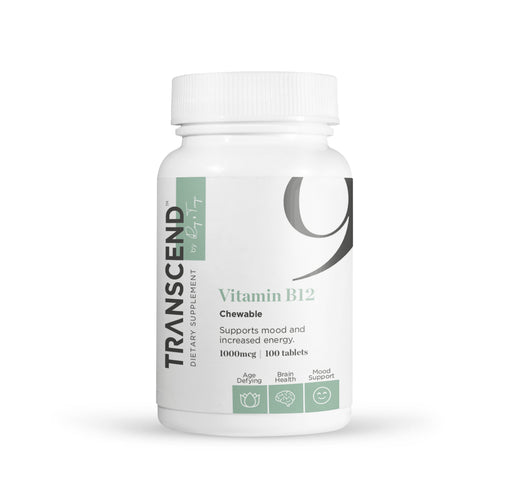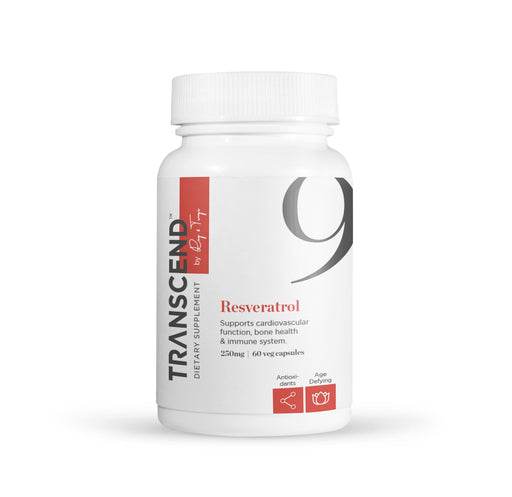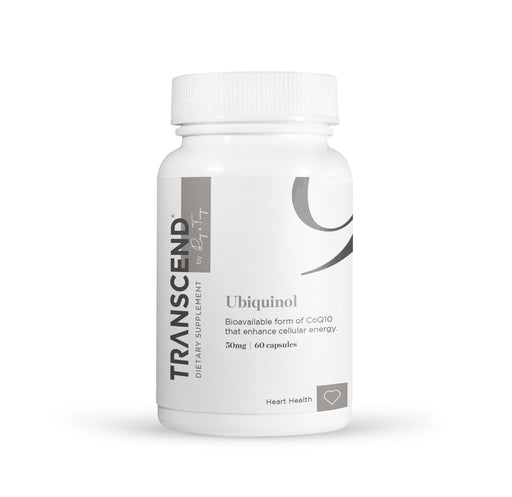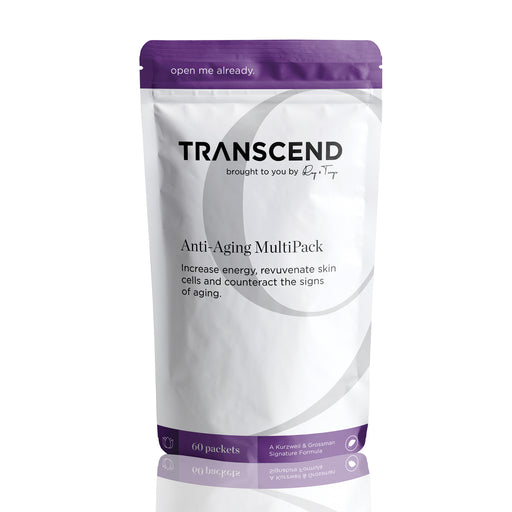
Vitamin B-12, Sublingual
Increased energy Improve mood Fight fatigue Common deficiency Better absorption Vitamin B12 (also called cobalamin) is one of eight water-solu...
View full details
According to studies published by the Centers for Disease Control and Prevention’s (CDC), a third of Americans don’t get enough sleep on a regular basis.
In recent years, sleep deprivation has become so widespread that in 2016, the Centers for Disease Control and Prevention called insufficient sleep a public health epidemic.
Aside from making us groggy, sleep deprivation is linked to type 2 diabetes, increased anxiety, an increase in appetite and can even shrink our brains.
So, how much sleep should we be getting? Below are the recommended ranges published by The National Sleep Foundation1:
While there’s plenty of research confirming the dangers of sleep deprivation, there are proven activities and supplements to help achieve a more restful sleep. So it's not just about how much you sleep, but also about how well you sleep.
Let's explore the two most popular sleep supplements, Melatonin and Valerian, their benefits, and why more and more people are turning to sleep aids to help get a full night’s rest.
Melatonin is a naturally produced hormone made by the brain’s pineal gland that helps regulate your body’s sleep and wake cycles. Think of Melatonin as your body’s internal sleep clock that kicks in when darkness occurs, usually around 9pm. Melatonin stays in your blood for approximately 12 hours until the morning.
Low melatonin levels are linked to insomnia, and while traces of melatonin are found in foods, like meats, fruits, grains and vegetables, many choose to take it as a supplement.
Uses for MelatoninIn addition to treating insomnia, Melatonin is used to treat seasonal affective disorder (SAD), jet lag, and shows promise for amyotrophic lateral sclerosis (ALS), Alzheimer’s disease (AD), and lowering blood pressure.
Possible Side EffectsPossible side-effects of taking Melatonin include:
Valerian is a sedative herb that’s been used to treat insomnia (among other things) since the 16th century. Valerian reduces brain activity by increasing Gamma-amino acid (GABA) levels in the brain, which inhibits nerve transmission and calms nervous activity, allowing users to fall asleep more easily.
Uses for ValerianIn addition to sleep support, Valerian is a popular supplement for people looking to reduce stress and anxiety. Whereas Melatonin is a hormone found in the human body, valerian is a root, therefore it works in a much different way. Interestingly, at high dosages, Valerian root has been proven to increase the likelihood of lucid dreaming.
Possible Side EffectsSome users of Valerian have reported the following side-effects:
Note: One common complaint worth noting about Valerian is its strong odour. If you’re sensitive to smell, this may not be the right sleep supplement for you.
When it comes to natural sleep support options that have been tested and have proven affected, Melatonin and Valerian root are leaders in the field. The facts are there now it’s up to you to decide which one is right for you. If you haven't already tried Ray & Terry's signature sleep formula - Sleep Potion no. 9, you can find more information about it here.

Increased energy Improve mood Fight fatigue Common deficiency Better absorption Vitamin B12 (also called cobalamin) is one of eight water-solu...
View full details
Combat internal aging Protect cells from radiation damage Increase antioxidant capacity Take with lecithin for better absorption Optimal dose for...
View full details
2022 update: Future batches of this product will use a Ubiquinol product that is a greenish capsule rather than a red softgel Bioavailable form o...
View full details
A Kurzweil + Grossman Formula Continued Synergy between Science and Convenience Convenient dosage packets Top anti-aging products Increase energy...
View full details
Leave a comment